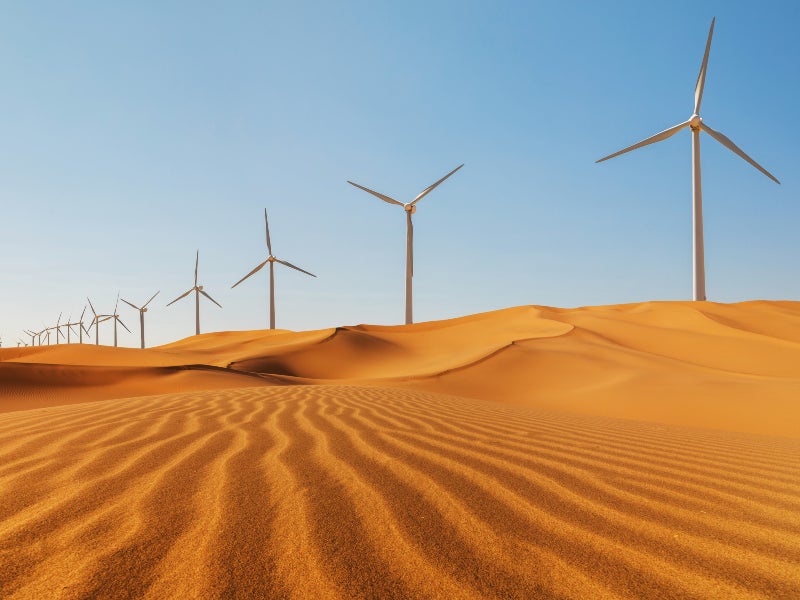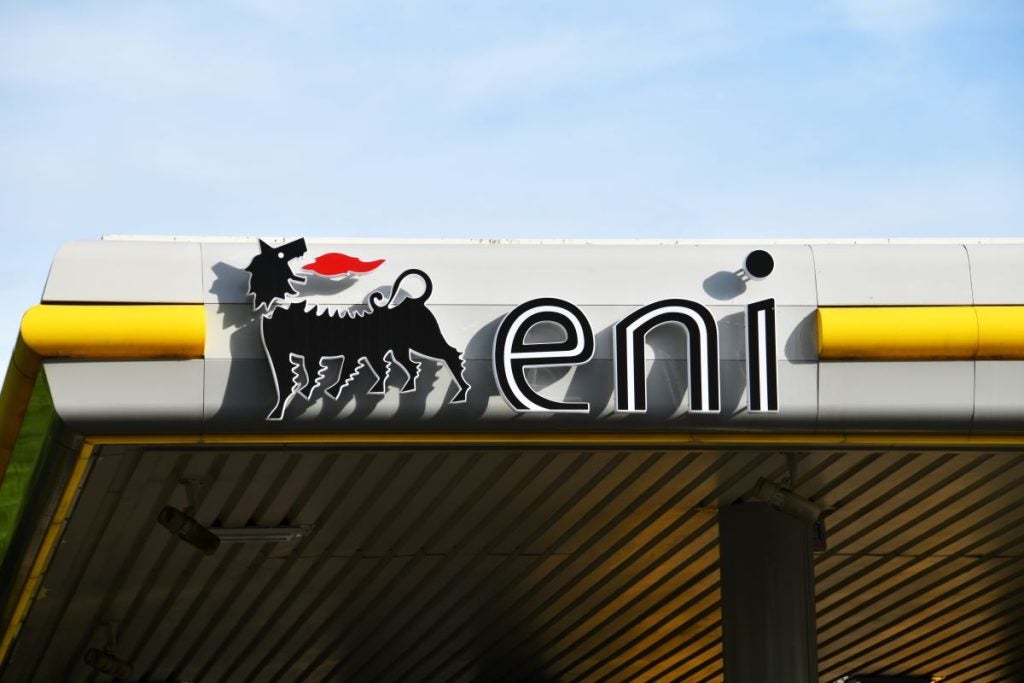
Many delegates at COP27, hosted late last year in Egypt, made declarations about climate change and net-zero to integrate their financial operations and activities with the Paris Agreement and sustainable development goals.
These pledges will have an impact on these countries’ overall strategies, as well as the lending portfolios of financial institutions, according to an International Energy Agency (IEA) report. Food, oil and other commodity prices have soared due to Russia’s invasion of Ukraine, putting far more pressure on African economies already suffering greatly from the Covid-19 outbreak.
According to the Africa Energy Outlook report from the IEA, the converging crises are impacting many aspects of Africa’s energy systems, including reversing trends toward better access to modern energy.
COP27 in Africa
Last year’s summit saw the launch of an initiative to support African nations in gaining access to clean energy. ‘The Africa Just and Affordable Energy Transition Initiative will focus on technical and policy support, delivering clean cooking fuels, and raising the proportion of renewable energy in Africa’s energy mix.
The initiative aims to strengthen technological and policy support to make Africa’s energy transformation financially sustainable and to secure access to affordable electricity for at least 300 million Africans by 2027. It expects to switch 300 million African households to clean cooking fuels and enhance the continent’s share of renewable electricity generation by 25% by 2027.
Kentebe Ebiaridor, environmental rights campaigner and Niger Delta activist, said: “Fossil gas must be left in the ground and climate funding should be used for public good through community- owned and controlled, decentralised energy. We have seen the devastation that oil has caused to our people in the Niger Delta and we are glad that they are now winning in the courts to get reparations.
How well do you really know your competitors?
Access the most comprehensive Company Profiles on the market, powered by GlobalData. Save hours of research. Gain competitive edge.

Thank you!
Your download email will arrive shortly
Not ready to buy yet? Download a free sample
We are confident about the unique quality of our Company Profiles. However, we want you to make the most beneficial decision for your business, so we offer a free sample that you can download by submitting the below form
By GlobalData“The fossil fuel industry needs to understand that these communities will not stop,” continued Ebiaridor. “For every destruction they cause, they will pay.”
However, not all African decision-makers were aligned at the conference. According to a Greenpeace statement by pressing for additional fossil fuel deals at the expense of people and the continent, African leaders have exploited COP27, or “the African COP,” to undermine the goals of the Paris agreement.
It added that African delegates used the conference to support the continent’s new oil and gas race, requesting that wealthier countries fulfil their climate obligations for adaptation and mitigation.
Jessie Cato, natural resources programme manager at the Resource Centre, said: “The renewable energy sector is at risk of replicating the abuses of the profit driven extractive model. If we’re talking about climate but not talking about inequality and human rights, then we’re not talking about a just and sustainable energy transition.
The transition towards renewable energy
In the long-term, the energy transition could create a potentially significant number of new jobs in Africa by encouraging the development of new sectors. According to an estimate from the International Renewable Energy Agency, renewables and other energy transition-related technologies have already created 1.9 million jobs in Africa, which will expand significantly as governments invest more in the energy transition.
Should Africa align with the 1.5℃ pathway, available work on the continent is forecast to increase by 3.8% in 2030 and 3.6% in 2050 compared to other scenarios.
Fatih Birol, IEA executive director, said: “Multilateral development banks must take urgent action to increase financial flows to Africa for both developing its energy sector and adapting to climate change. The continent’s energy future requires stronger efforts on the ground that are backed by global support.
“The COP27 Climate Change Conference in Egypt in late 2022 provides a crucial platform for African leaders to set the agenda for the coming years,” Birol continued. “This decade is critical not only for global climate action but also for the foundational investments that will allow Africa – home to the world’s youngest population – to flourish in the decades to come.”
While renewables could form the basis of Africa’s electrical sector this decade, the continent’s industrialisation could still depend on increased natural gas use, again highlighting the role that fossil fuels still have to play in African energy.
Africa currently has natural gas reserves worth more than 5000 billion cubic metres (bcm) that have not been given the go-ahead to be developed. By 2030, these resources can provide an additional 90 bcm of gas annually, which is crucial for Africa’s fertiliser, steel, cement, and water desalination sectors.
Over the next 30 years, using these gas resources would result in 10 billion tonnes of carbon dioxide emissions, according to the IEA, but simply ignoring them would mean significant missed potential for African power.
Investment in clean energy
The global investment required to achieve the climate goals outlined in the Paris Agreement is enormous. In terms of mitigation, it is predicted that an average annual investment of over $2.4tn in the energy sector alone will be required between 2016 and 2035, or around 2.5% of global GDP.
The World Bank predicts that by 2030, low and middle-income countries will need between 2%- 8% of their annual GDP for investments in new, climate-resilient infrastructure, think tank Carbon Tracker reported.
Green hydrogen may help Africa meet its industrial needs sustainably, and could improve GDP by 6%-12% in six “important” nations, according to new research from the Africa Green Hydrogen Alliance (AGHA) and McKinsey. It finds that by 2050, green hydrogen may boost the GDP of Egypt, Kenya, Mauritania, Morocco, Namibia, and South Africa by a combined $126bn, or 12% of their current GDP.
AGHA, with the support of the United Nations Climate Change, the Green Hydrogen Organization and the African Development Bank, calls for greater collaboration between governments and the private sector to unlock the needed investment.
On 7 November, during the World Leaders Summit at COP27, President of South Africa, Cyril Ramaphosa, met with leaders to discuss the South African Government’s new ‘JET Investment Plan’. The plan focuses on three priority sectors for finance such as energy, electric vehicles, and green hydrogen.
For the first five years of South Africa’s planned 20-year energy transformation, it estimates funding needs of $98bn, and could provide a framework for other clean energy investments around Africa.
African Union commissioner for infrastructure and energy, Dr Amani Abou-Zeid, said:
“I urge stakeholders and potential public and private investors to accept and back Africa’s Common Position for Energy Access and Just Transition and support the African Union’s various energy security initiatives.
“They must develop technical and financial instruments and packages to fast-track Africa’s right to universal access to affordable and reliable electricity.”







